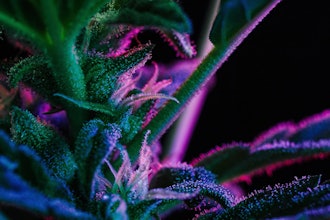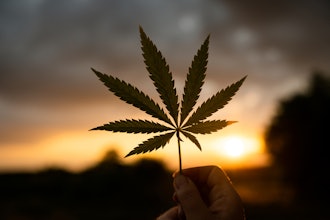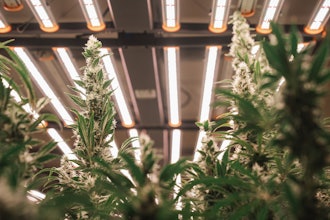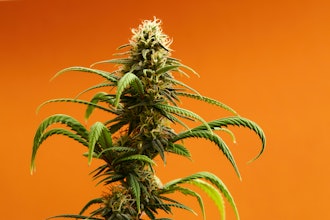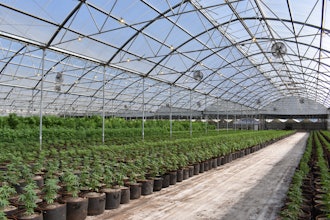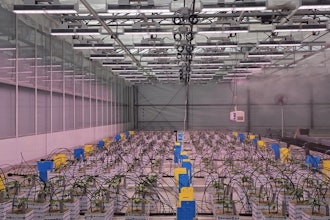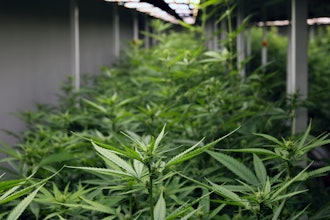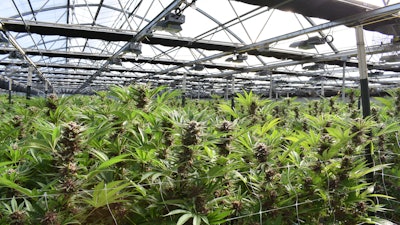
The New York State Office of Cannabis Management (OCM) is implementing a new state-specific platform, PowerScore, to allow licensees authorized to cultivate to meet energy and water reporting and resource tracking regulations. As part of its regulatory mandate under the Marihuana Regulation & Taxation Act (MRTA), OCM’s resource tracking requirement is one of a series of measures aimed at reducing the environmental footprint of both medical and adult-use cannabis operations.
Licensees authorized for cultivation will use the PowerScore platform, which provides detailed insights into resource consumption and helps businesses understand the relationship between their operating costs and yield. This platform, hosted by the non-profit organization Resource Innovation Institute, is available to licensees at no cost, ensuring that all participants have the tools necessary to monitor and reduce resource consumption, potentially lower operating costs, and meet state environmental standards. Licensees authorized to cultivate medical and adult-use cannabis will be required to track and report their energy and water use and waste generation annually, with the first report due Aug. 31, 2025.
The OCM’s Energy & Environmental Sustainability Initiatives Regulations focus on reducing energy consumption and greenhouse gas emissions, minimizing waste generation, and protecting vital natural resources such as air, water, and land. Licensees in New York’s cannabis market are required to implement comprehensive energy use plans, which include the installation of energy meters, adherence to efficiency standards for lighting and HVAC systems, and the prohibition of fossil fuel combustion as a primary energy source. Additionally, the Office’s waste minimization strategy mandates that cannabis operators adopt sustainable practices in both cultivation and consumer packaging to reduce landfill waste and promote recycling.
As part of its commitment to continuous improvement, OCM is also prioritizing research and development to explore new methods for reducing the environmental impact of cannabis production. This includes the development of sustainable packaging solutions, innovative waste management practices, and resource-efficient cultivation techniques. By fostering research and equity-focused strategies, the Office aims to build a cannabis market that not only meets the state’s environmental goals but also serves as a model for sustainability and social responsibility. The Office’s commitment to promoting equity is also reflected in these initiatives. The adult-use energy and environmental sustainability measures were developed with special consideration for legacy growers and less capitalized licensees. For instance, smaller-scale cultivation licensees are held to less stringent standards and are provided two licensing periods to comply with certain energy and environmental regulations. These efforts ensure that all participants in the cannabis industry, regardless of their size or resources, have the opportunity to succeed while contributing to a more sustainable and equitable market.














